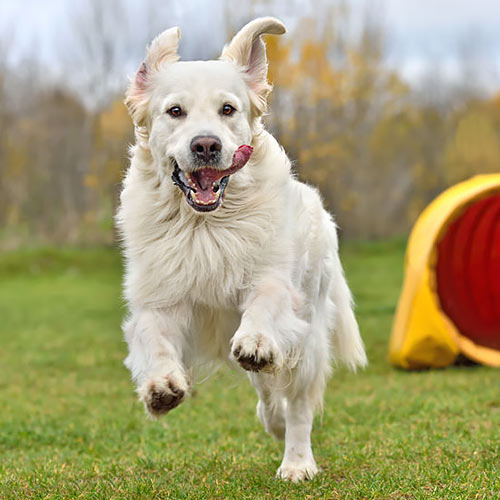Occasionally someone will ask, “Will I be able to train dogs after I take a trainer course?”
We know the vast amount of effort and material that is put into our dog trainer courses, so we want to give a resounding, “Yes.”
Yet, the adage sneaks into the equation: “You can lead a horse to water, but you can’t make him drink.” The same goes with an education. What is learned must be applied. It is impossible to force the application of the knowledge. We can only give the student the knowledge necessary to succeed. Our graduates tell us that we are doing a great job at this!
Our courses are designed to prepare our students for real-world training situations. Our dog trainer school teaches training theory but also provides information/experience on how to propel that theory into practice. A vast network of trainer information is put into place. Then it is up to the graduate/trainer to take the initiative and make it happen. Some graduates are training dogs within days of graduation. Others are making an almost immediate difference in the dog world by sparing dogs from euthanasia in the local Shelter. Others are lifting the level of training in the working dog community, training police dog handlers, solving training problems, or, better yet, preventing those problems from developing in the first place. All of this comes by what they have learned in class at DTC.
Some students think they know more than the teacher, so erect a barrier to learning.
Some students are not capable of juggling a leash, giving timely rewards, or keeping one step ahead of the dog mentally.
Some students bring past biases and misinformation with them to class which hinders them from excelling as a trainer.
Some students are stuck in a rut of poor training habits that hinders them from excelling.
Some students are just filling time and not here to truly learn.
Some students graduate and then do not implement what they have learned in class, even the advertising and marketing information that is needed to succeed. Or they operate on a low level of training – due to peer pressure or club rules or their own lack of mental discipline. They know there is a better, higher, more successful way to operate, but, for whatever reason, are content to be mediocre.
Some students come with an attitude for learning, are willing to cast aside hindering biases, desire to soak it all in as a sponge, willing to explore new ideas, want the Instructors to correct their training mistakes, and are willing to fight their way out of the training rut … to be all they can be. These are the students who graduate with a “toolbox” of information and training experience that empowers them to succeed in the dog trainer world.
One speaker said that if you are not willing to learn, no one can help you. If you are willing to learn, then no one can stop you. That’s how we feel about the amazing content of our dog trainer courses.
The bottom line is, the hours of lecture, multiplied hours of hands-on training, the experienced Instructors, and well over a decade of honing these collegiate-level classes, are all put into place to provide our students with all they will need to excel as professional dog trainer. So, will you be able to train dogs after taking our dog trainer courses? Well, our courses will ‘lead you to water.’ It will be up to you to ‘drink’ !!!


